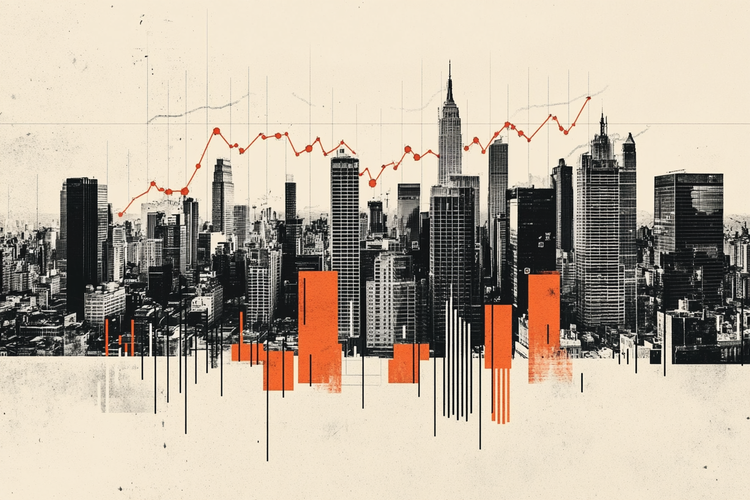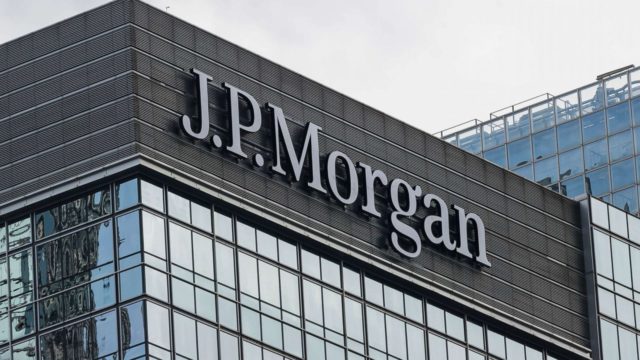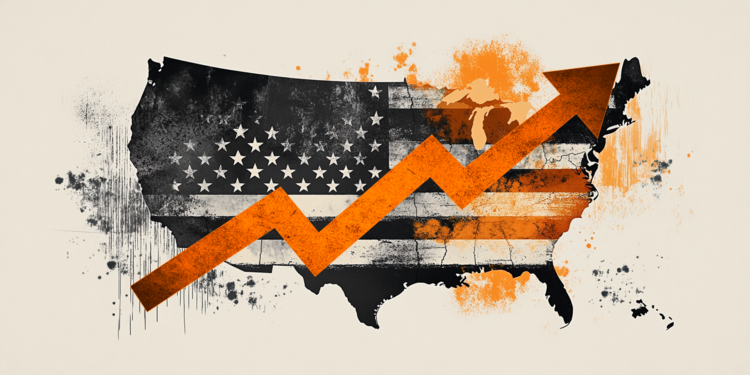On the eve of an important regulatory change that will affect its business, the distributed solar energy sector faces clashes with distributors to bring its projects into line with current rules, while at the same time trying to negotiate alternatives with the new government and parliamentarians to extend the legal deadline. technology incentives.
The deadline established by the regulatory framework for micro and mini-generation of energy ends on Friday for consumers to file requests with energy distributors to connect their small projects — such as solar roofs and facades — and guarantee exemption from fees charged on their electricity bills. .
Under current rules, users of small solar generation systems do not pay for the use of the distribution network, the so-called “b-wire”. As of January 7th, 15% of the b-wire will be charged for new projects, a percentage that will progressively increase each year until it reaches the full charge in 2029.
Bárbara Rubim, vice-president of the Absolar association, says that consumers and companies have been facing difficulties in guaranteeing the online activation of their projects in recent months, and that the problem has become more pronounced in recent weeks.
“Every week there are reports of a distributor’s website that is offline for more than 48 hours… It seems to us a strange coincidence that in the last two weeks we have had more than 10 distributors with problems on the website, in such a critical period”, he said, citing concessionaires in the Southeast and Northeast regions.
The association of Abradee distributors denies the statement, saying that it has no information on sites that have been offline, but only presented instability.
Ricardo Brandão, director of regulation at Abradee, also pointed out that the search for distributed generation connections has grown exponentially in recent years, jumping from just over 220,000 in 2020 to 690,000 last year.
“(The distributors) needed to reinforce their teams and sites, but the number of connections made –not just orders– shows that the efforts of the distributors to respond have been very successful”.
Rule changes and alternatives
The changes in the rules for distributed generation projects occur after a decade of validity of the previous regulation, by the regulator Aneel, which established incentives for the technology to be developed in the country.
With the jump in the installed capacity of these projects in Brazil, especially from 2018 onwards, a stronger debate began on the revision of the rules, since they imply additional costs to be paid by other consumers who do not have their own generation systems.
According to the solar sector, the need to extend the deadlines of law 14,300 is a “matter of justice”, since the regulation of the regulatory framework by Aneel is overdue.
“It is not fair that the agreement (with the government and other agents of the electricity sector) that became the law has to be valid to impose the burden on the consumer and does not have the same force to impose obligations on Aneel and distributors”, stated Rubim.
One of the possibilities advocated by Absolar to extend the deadline that ends this week would be the publication of a provisional measure by the government. However, according to the entity’s vice-president, the Lula government still gave a formal return on the viability of the proposal.
In this sense, the association will continue to work for the approval of bill 2703/2022, which was approved in the Chamber at the end of last year. The assessment is that the text, even approved after the end of the term, could provide for retroactivity to guarantee the acquired right of distributed generation projects.
high solar
The debate on solar subsidies is reigniting at a time when the source has become the second largest in Brazil’s electricity matrix, with 23.9 gigawatts (GW) of installed power, surpassing wind power.
Distributed generation has been the main driver of source growth in recent years, with various classes of consumers, from businesses to households, looking for alternatives to reduce their electricity bill amid higher tariffs and rising charges.
Late last year, California, one of the places best known for its solar energy incentives, decided to reduce the credits paid to users of distributed generation, saying the change would be fairer for low-income taxpayers and still maintain a solar industry. healthy.
Source: CNN Brasil
A journalist with over 7 years of experience in the news industry, currently working at World Stock Market as an author for the Entertainment section and also contributing to the Economics or finance section on a part-time basis. Has a passion for Entertainment and fashion topics, and has put in a lot of research and effort to provide accurate information to readers.







